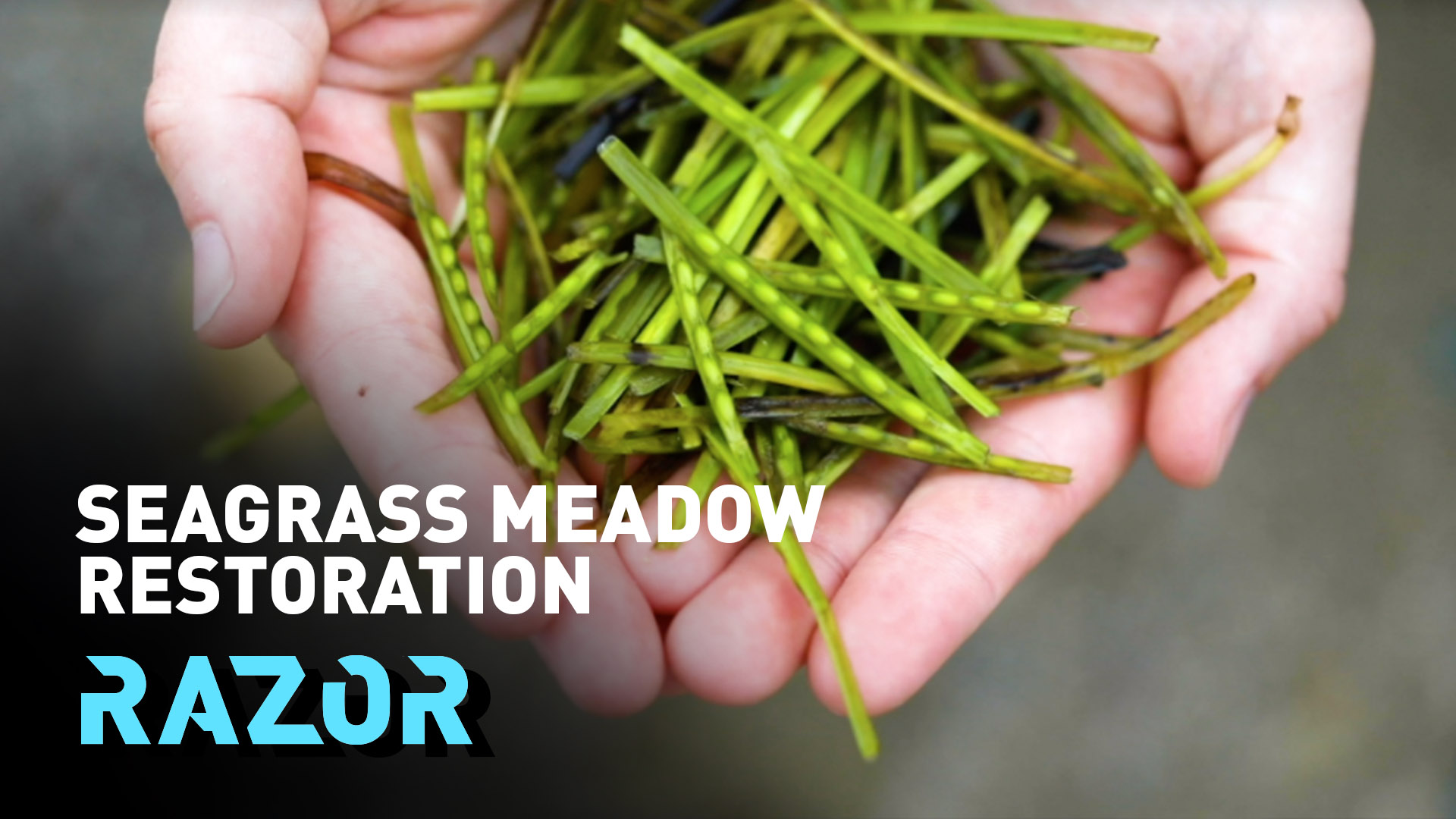30:00

Seagrass has been providing a marine habitat for species since dinosaurs walked the earth. It's the only flowering plant that grows in the sea. And despite being underwater, it can capture carbon 35 times faster than rainforest.
These fish nurseries are vitally important for marine biodiversity and relied on by 20 percent of the world's biggest fisheries, providing much of the fish we eat. But in the last century, seagrass has suffered a massive decline worldwide for a number of reasons, including things like pollution, fishing, coastal development and runoff.

Jo Colan is in Dale, western Wales, to catch up with a team pioneering the UK's largest seagrass restoration project. Project Seagrass is a $500,000 restoration project, led by a team of scientists from Swansea University, backed by the WWF and Sky Ocean Rescue.
Also this week, Shini Somara is in London at The Francis Crick Institute, the biggest biomedical research facility under a single roof in Europe and dedicated to understanding the fundamental biology underlying health and disease.
Vivian Li leads the team of researchers who are growing mini-organs in the hope of finding new ways to fight cancer.